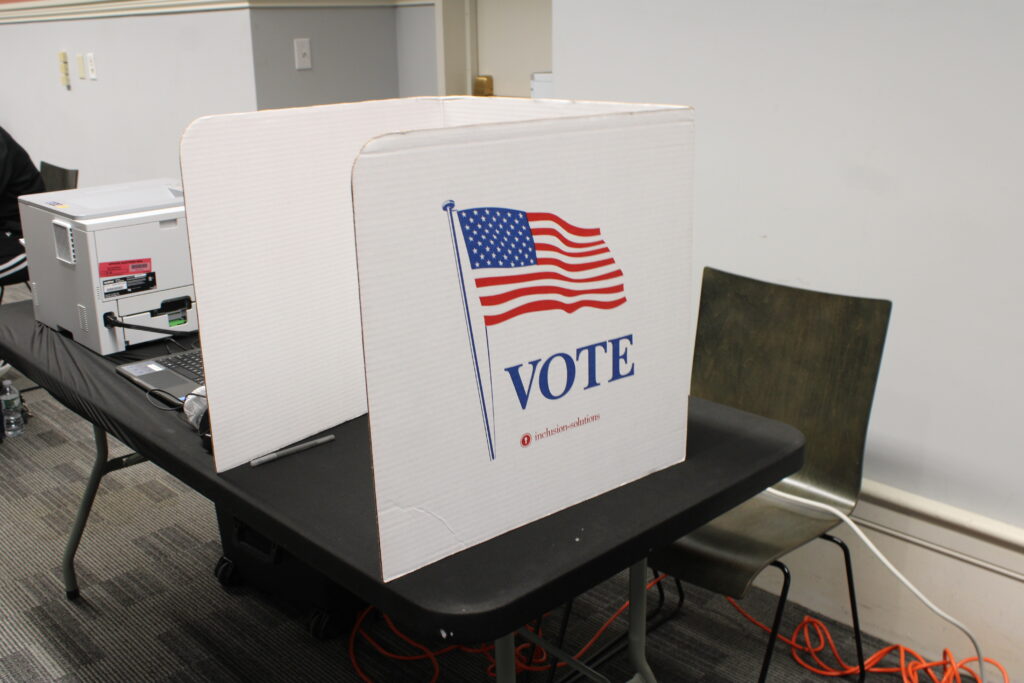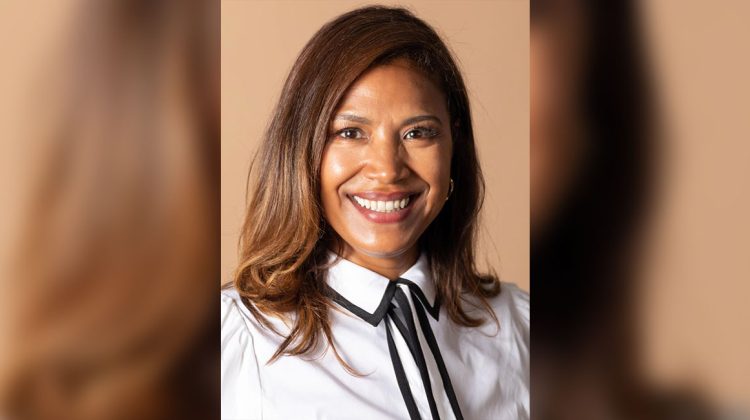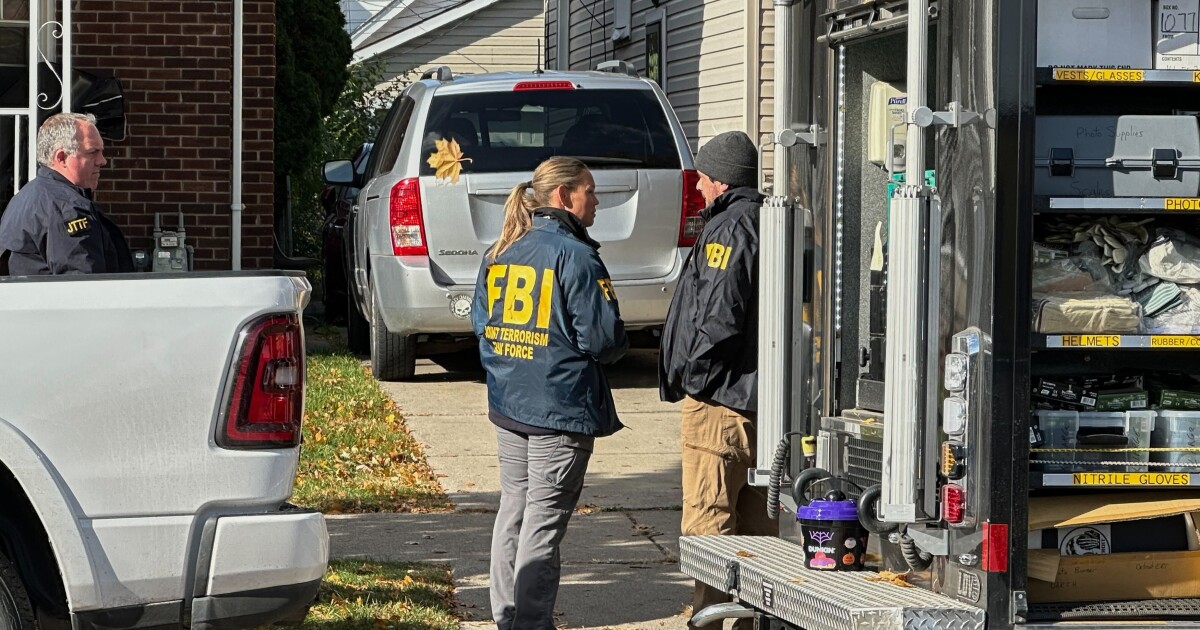URGENT UPDATE: New Haven’s municipal election cycle is underway, yet voter enthusiasm is alarmingly low. As of Thursday afternoon, only 928 residents have participated in early voting, highlighting a stark contrast to the vibrant political scene in nearby New York City.
Incumbent Mayor Justin Elicker is facing a challenge from Republican nominee Steve Orosco, but with only seven of the city’s thirty alder seats contested, political analysts are predicting minimal competition. Yale political scientist Douglas Rae remarked, “Elicker is a comfortable incumbent,” suggesting that significant electoral surprises are unlikely.
This election marks the first time New Haven residents can vote early, but the excitement doesn’t appear to be translating into action. “It’s pretty low-key,” Rae added, reflecting the mood across the city. Voter turnout in recent municipal elections has mirrored the mayoral race’s intensity. In 2019, nearly 30 percent of eligible voters turned out when Elicker unseated former mayor Toni Harp, but this figure dropped to just 23 percent in 2021 and saw a slight uptick to 24.5 percent in 2023.
New Haven’s political landscape is characterized by entrenched Democratic control, which has led to voter apathy, according to Patricia Rossi, president of the New Haven League of Women Voters. She stated, “The big reason why the turnout is so low is because none of the races are considered particularly competitive.”
Currently, the total number of active voters in New Haven has surged more than 17 percent since the last municipal election, reaching 61,764, the highest in a decade. Nonetheless, local political observers express concern that incumbents may be complacent, resulting in a lack of vigorous campaigning.
Three contested alder races see incumbents facing challengers, but Leslie Radcliffe, a civic leader involved in local politics, noted that these races lack energy. “They’re not throwing rocks, they’re not being loud,” she said, indicating a pervasive sense of apathy among candidates and voters alike.
The issues at stake—taxes, public safety, housing, and education—affect residents daily, yet many remain unaware of their significance. Rossi emphasized, “Who the mayor is, who your alder is, affects whether there’s going to be a park, whether there’s going to be a bus that stops in front of your door.”
Despite the quiet election atmosphere, concerns about housing and gentrification simmer beneath the surface. Rae pointed out that discussions surrounding zoning and regulations for downtown development are crucial but often overlooked. Radcliffe echoed this sentiment, warning that cherished community features are at risk from rising property taxes and gentrification.
The presence of former President Donald Trump also looms large in this election cycle. Elicker has framed his campaign around a commitment to oppose Trump’s values, even as the former president is not on the ballot. “His presence weighs in heavily,” Radcliffe stated.
As the election approaches, New Haven residents face critical choices that could shape the future of their community. With early voting ongoing and the general election date approaching, the urgency for civic engagement has never been more pressing. Will New Haveners rise to the occasion, or will the trend of low turnout continue?
Stay tuned for more updates as this story develops.






